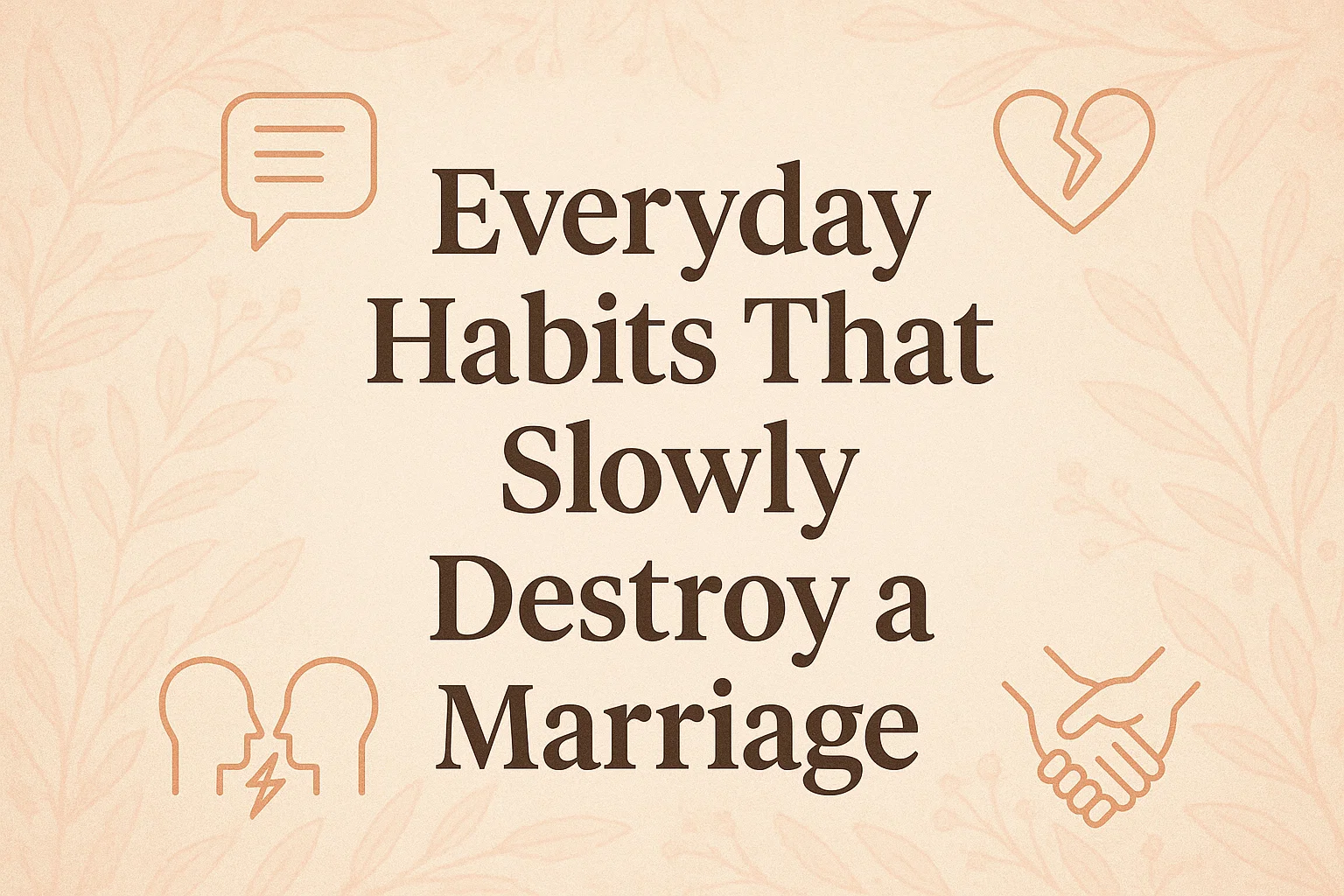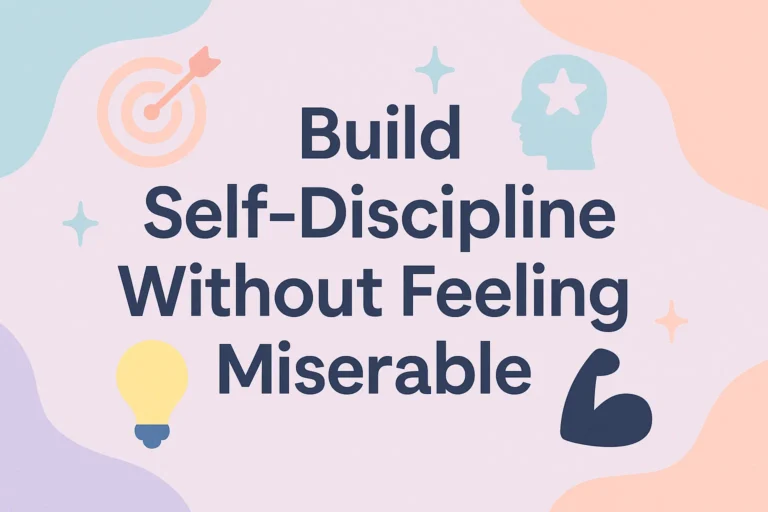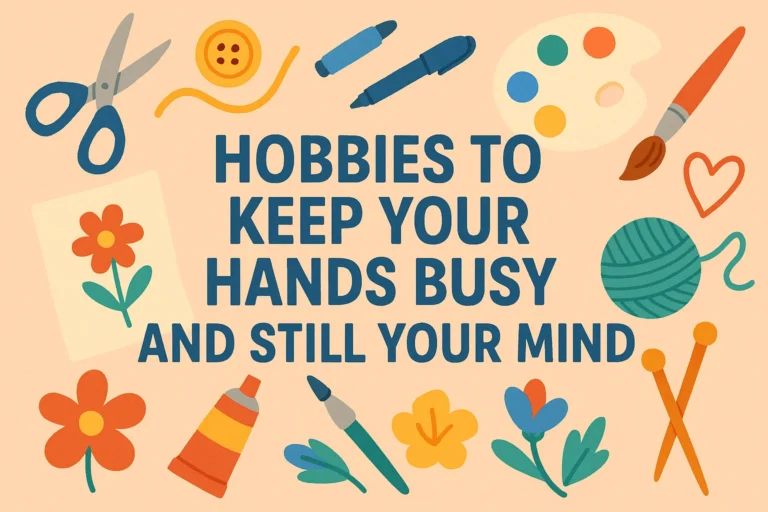Happy Marriage Tips Everyday Habits That Can Slowly Undermine Your Relationship
Alright, let’s get real for a second. You pour your coffee in the morning, you kiss your partner goodbye, you navigate the daily chaos of work, kids, and life… and you assume your marriage is just… fine. It’s running on autopilot. But have you ever stopped to think about the tiny, almost invisible habits you both do every single day that are slowly, silently, eroding the foundation of your relationship?
I’ve been there. You don’t fight about the big stuff. There’s no massive betrayal or drama. Instead, it’s a death by a thousand paper cuts. A slow leak you don’t notice until you’re feeling a little… deflated. The good news? These habits are totally within our power to change. We just have to spot them first.
So, grab your coffee (or something stronger, no judgment here), and let’s chat about the everyday stuff that can undermine your happy marriage and, more importantly, how to flip the script.
The Slow Fade of Connection
It doesn’t happen all at once. You don’t just wake up one day feeling disconnected. It’s a gradual process, built on a series of small choices we make without thinking.
The Phantom Phone
This is the big one, right? You’re both on the couch. One of you is scrolling through Instagram. The other is doom-scrolling through news headlines. You’re in the same room, but you’re a million miles apart.
The problem isn’t the phone itself; it’s what it represents. It’s choosing a screen over your partner’s face. It’s passively consuming content instead of actively engaging with the person you love. That quick check of an email during dinner tells your partner, “This notification might be more important than what you’re saying.”
Ever found yourself saying “uh-huh” to your spouse without actually hearing a word they said because you were reading a meme? Guilty as charged. It’s a silent killer of conversation and intimacy.
The Grunt Instead of a Greeting
How do you greet each other at the end of the day? Is it a genuine “Hello, my love! How was your day?” or is it a grunt as you drop your bags and head straight to the fridge?
Those first few minutes of reconnection are crucial. They set the tone for the entire evening. Ignoring them or treating them as an interruption to your decompression routine sends a message: “My need to unwind is more important than reconnecting with you.”
The Communication Traps We Fall Into
We all think we’re great communicators until, well, we’re very clearly not. These habits make your partner feel unheard and invalidated.
Mind Reading and Expecting Them to Be a… Mind Reader
“He should just know I’ve had a rough day and need help.”
“If she loved me, she’d know why I’m upset.”
Sound familiar? This is a recipe for resentment stew, and let me tell you, it tastes awful. Assuming your partner can read your mind is a guaranteed path to disappointment. They’re your partner, not a psychic. I learned this the hard way after a few too many silent treatments that my husband genuinely didn’t understand. IMO, using your words is always the better option. 🙂
The “Fine” Bomb
Partner: “What’s wrong?”
You: “Nothing. I’m fine.”
Proceeds to slam cabinets for the next hour.
We’ve all deployed the “fine” bomb. It’s a passive-aggressive way of saying, “I’m upset, and it’s your job to figure out why and fix it, but I’m going to make you work for it.” It’s exhausting for everyone involved. It creates a hostile environment where your partner feels they have to walk on eggshells.
Listening to Respond, Not to Understand
This is a classic. Your partner starts talking about a problem at work, and you immediately jump in with a solution. “Well, have you tried talking to HR?” or “You should just do this…”
But often, they don’t want a solution. They want a sounding board. They want to vent. By immediately switching into fix-it mode, you’re dismissing their need to be heard and understood. You’re essentially saying, “Your feelings are a problem to be solved, not something to be empathized with.”
The Little Things That Become Big Things
It’s never about the dirty dish left by the sink. It’s about what the dish represents.
Keeping Score
Ah, the relationship scorecard. A mental tally of who did the last load of laundry, who put the kids to bed most often, who initiated sex last. This is a toxic game where the only prize is bitterness.
A marriage is not a 50/50 partnership. Some days, you’ll give 80%, and your partner will give 20%. Other days, it will be reversed. If you’re constantly keeping score, you’re building a case against your teammate instead of being on the same team. FYI, the scorecard is a game you both lose.
Letting Appreciation Fade
Remember when you first started dating? You thanked them for making coffee. You complimented their new shirt. You noticed things.
Fast forward five years… do you still? When was the last time you thanked your partner for taking out the trash, or for working hard to provide for the family, or just for being their wonderful self?
Taking each other for granted is like stopping watering a plant. It might survive for a while on residual moisture, but it will eventually wither. Small, consistent acts of appreciation are the water and sunlight your relationship needs to thrive.
How to Flip the Script: Small Shifts, Big Changes
The fantastic news is that just as negative habits can slowly undermine your relationship, positive ones can slowly rebuild and strengthen it. Here’s how to start.
Create Phone-Free Zones
Designate specific times or places as tech-free. Maybe it’s the first 20 minutes after you both get home, or the dinner table, or the bedroom. Be fully present. Look at each other. Ask about each other’s days and actually listen to the answer. It feels awkward at first, but it becomes the best part of the day.
Be Blatantly Obvious with Your Needs
Stop the mind-reading game. It’s a loser’s game. Instead, practice saying what you need plainly and kindly.
- Instead of slamming cabinets, try: “Hey, I’m feeling really overwhelmed. I had a tough day. I could really use a hug and maybe if you could handle bath time tonight.”
- Instead of getting mad they didn’t help, try: “I’m feeling swamped with the housework. Could we find some time this weekend to tackle it together?”
See the difference? You’re stating a need and inviting cooperation, not launching an accusation.
Practice Active Listening
Next time your partner is talking, especially about something emotional, make it your goal to understand, not to respond. Wait until they are completely finished. Then, try reflecting back: “It sounds like you’re feeling really frustrated because your boss isn’t acknowledging your hard work. Is that right?”
This simple act of validation makes your partner feel seen and heard on a deep level. It’s connection gold.
Ditch the Scorecard and Build a Culture of Appreciation
Tear up the mental scorecard. Instead, try to out-appreciate each other. Make a habit of saying “thank you” for the small stuff. “Thanks for making the bed.” “I really appreciate you picking up the groceries.” Catch your partner doing something right and acknowledge it. This builds a positive cycle of goodwill that drowns out resentment.
It’s the Little Things
A happy marriage isn’t built on grand, sweeping gestures. It’s built in the microscopic moments of everyday life. It’s built on the choice to put the phone down, to use your words, to listen, and to say thank you.
These small, negative habits are sneaky, but now you know what to look for. You have the power to change the trajectory of your relationship one tiny, positive interaction at a time. So tonight, maybe give your partner a real greeting. Put the phone away. And tell them one thing you appreciate about them. It’s a pretty great place to start, don’t you think?







